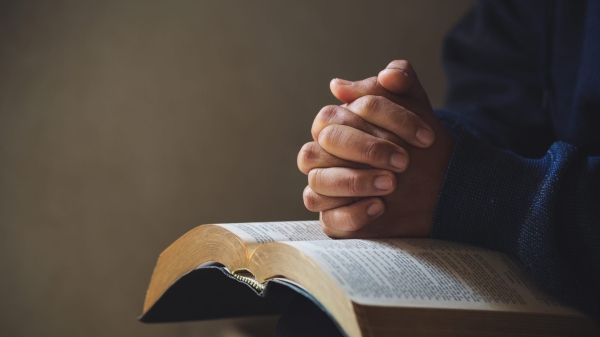|
Getting your Trinity Audio player ready...
|
It’s now or never for Alabama’s gambling legislation. The state has been caught in a legislative standstill since the 1990s, a stalemate fueled by powerful interests both within and beyond our borders. For too long, lawmakers have kowtowed to the likes of out-of-state casino magnates and shadowy in-state gambling operations. These groups have successfully stifled any significant gambling reform, thwarting the will of the people who have been clamoring for a chance to vote on this pivotal issue.
The introduction of a comprehensive gaming package earlier this year seemed to promise a break from the past. Supported by Governor Kay Ivey, this legislation was designed to finally put the choice in voters’ hands. However, what passed in the House met a grim fate in the Senate, stripped down to a shadow of its original promise. This gutting not only decreased potential revenue from $1.2 billion to a mere $500 million annually but also scaled back the vision to a mere lottery and some limited gambling operations.
Why is this happening? Look no further than organizations like the Alabama Policy Institute and ALFA Insurance. Despite their claims, they do not represent the majority. They represent a vocal minority bent on preserving the status quo that benefits them, not the average Alabamian. It’s high time our lawmakers stop catering to these influential lobbyists and start listening to the people they’re supposed to serve.
This isn’t just about allowing gambling in Alabama. It’s about more than the excitement of games or the allure of jackpots. It’s about substantial revenues that could fund critical public services. The original House bill promised massive educational investments—imagine free two-year college tuition and expanded healthcare services. Now, these dreams are at risk unless our representatives in the conference committee can resurrect the comprehensive approach initially envisioned.
The Senate’s pared-down version is a disservice to Alabamians. It neglects the broader potential benefits of a well-regulated gambling industry, focusing instead on minimal gains. This gammon-cheeked approach underestimates both the economic realities and the aspirations of our people.
We are at a critical juncture. The conference committee, comprised of House members Reps. Chris Blackshear, Andy Whitt, and Sam Jones, alongside Senate conferees Sen. Greg Albritton, Bobby Singleton, and Garlan Gudger need to find common ground. They have a duty not only to reconcile two vastly different visions but to ensure that the legislation reflects the public’s desire for a robust and regulated gaming industry.
Alabama stands on the brink of a generational opportunity. Let us not squander it. Let the people vote, and let them decide the future of gaming in Alabama. After all, true democracy thrives when the people’s voice guides the halls of power.
Let’s hope our lawmakers remember that as they negotiate this crucial bill. If they succeed, we might just see a renaissance in how Alabama handles its most contentious issues. If they fail, it’s not just gaming that loses—Alabama does, too.













































